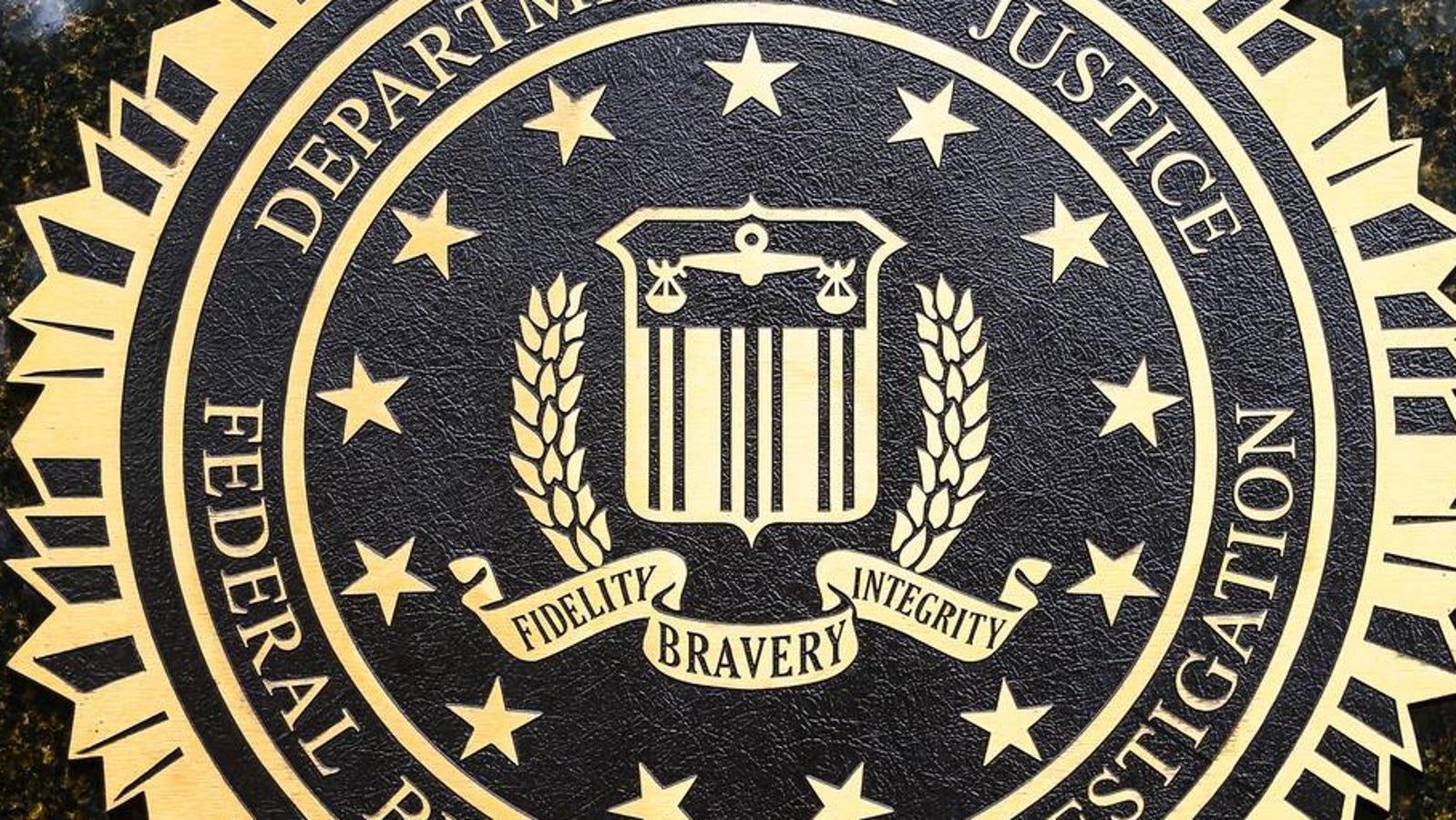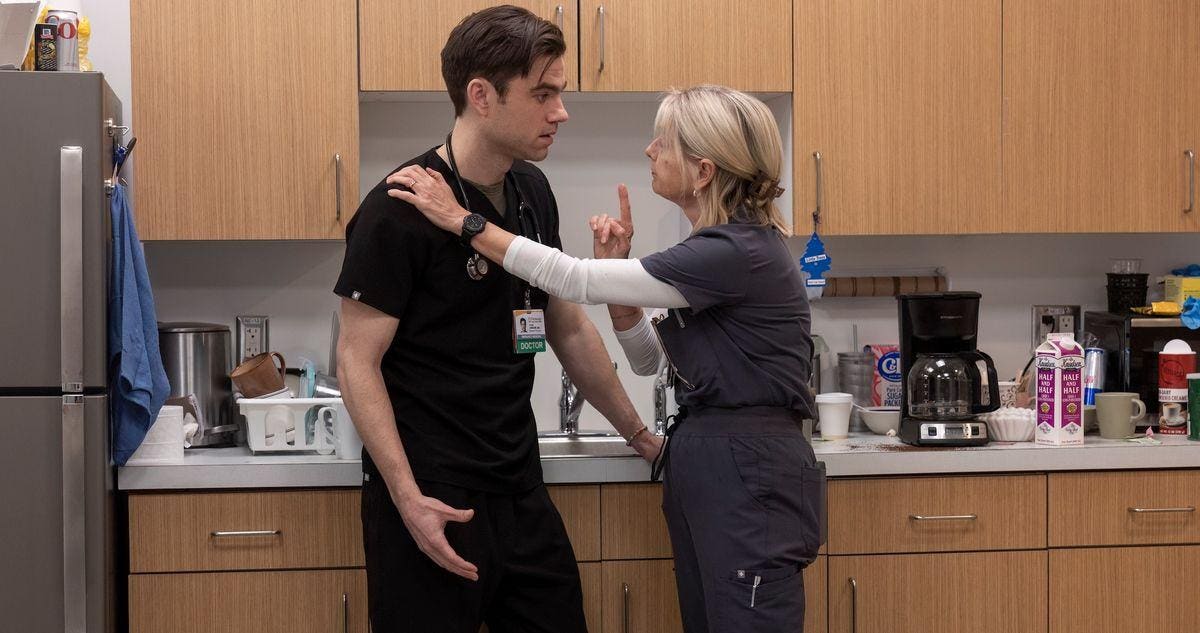New research reveals that surprisingly few people consider their partners as friends. Those who do, … More
In an April 2025 study from the Journal of Social and Personal Relationships, researchers asked 940 adults in romantic relationships to name their seven closest friends. However, they left one thing intentionally vague: whether or not participants could include their romantic partner. It was entirely up to each person to decide if their significant other counted as a friend.
In total, just 36% chose to include their partner on the list — of this subset, only 39% labeled their partner as their best friend. That amounts to about 14% of the entire sample.
It’s a finding that invites reflection: If you’re in a relationship, would you name your partner as a friend — or even your best friend — without being prompted to do so? According to the study, there’s two reasons why this might be more meaningful than you’d give it credit for.
1. Platonic Love Gives Rise To Greater Shared Enjoyment
Loving your partner is (hopefully) a given. But while we can assume that all couples love each other, the same can’t be said as easily about genuinely liking each other. And, according to the 2025 study, these couples — who have romantic chemistry, but not platonic — might be unknowingly worse off than their counterparts.
The study found that participants who considered their partner a good friend reported much higher levels of closeness in their relationship. Notably, this isn’t an isolated finding either. A 2012 study published in the Journal of Social and Personal Relationships similarly emphasizes that friendship is a powerful predictor of love, commitment and overall relational and sexual satisfaction.
In short, friendship can make the difference between a relationship that just works, versus a relationship that flourishes. But, unfortunately, those in the “just works” category are likely none the wiser.
For instance, some couples are driven mad by the mundane routines in their relationships (like chores, errands and so on). Couples who are friends before lovers, on the other hand, likely see these as opportunities to goof off with their best friend. For them, the mundanity of it all pales in comparison to the enjoyment they share; the task itself is overshadowed by the fact that they get to do it with their favorite person.
In many ways, couples who value each other as partners, but less so as friends, miss out on golden opportunities to turn otherwise trivial moments into joyous ones. All the markers of strong friendship — like having shared hobbies, inside jokes, a shoulder to cry on or simply a plus-one for fun outings — shouldn’t be neglected once it progresses into a romantic relationship.
In fact, these might be the very factors that elevate a good relationship into a truly great one.
2. Platonic Love Adds A Layer Of Voluntary Commitment
Beyond stronger emotional closeness, the 2025 study also found that romantic partners who saw each other as friends reported significantly higher levels of companionship overall. Likely, this treasured sense of companionship is rooted in the highly voluntary nature of friendship.
Many narratives around relationships paint love as something that should be unconditional. However, this isn’t the case in friendships; they are maintained solely by choice.
When someone chooses to be our friend, we know this decision is subject to our meeting of certain criteria — like our kindness, our attentiveness or our humor. In short, our overall value as a friend is always a point of consideration.
In relationships, however, there’s an enduring notion that partners should always love each other, no matter what. In turn, this entails accepting both the good and bad in one another as just part of the package. There’s no reason to look for more reasons to love each other, or less, because they wouldn’t change anything.
Friendships, on the other hand, require a different level of exploration and commitment. Unlike romantic relationships, there’s no rulebook dictating that you have to keep loving your friend, no matter what. Rather, for a friendship to work, two people must continually keep finding reasons to love each other — to be in each other’s lives.
This idea is backed by broader well-being research, too. In a large-scale analysis of UK data, a 2017 study from the Journal of Happiness Studies found that while marriage alone is associated with greater life satisfaction, the benefits are twice as strong for people who consider their spouse to be their best friend.
In other words, the emotional quality of a relationship doesn’t hinge solely on the partnership itself, but, likely, from the companionship and camaraderie that it’s founded upon.
In this sense, friendship within a relationship entails an added layer of commitment. To maintain both platonic and romantic love at the same time requires actively choosing to continually see the good in one another: the value the two of you possess as both confidants and as lovers.
This negates the narrative that partners must love each other simply because they’re supposed to. Instead, they love each other because of who they are to one another — trusted allies, chosen companions and unwavering sources of joy and comfort.
Is your partner your best friend, or do you see them solely as a partner? Take this science-backed test, and find out how this could be impacting your relationship: Relationship Flourishing Scale








